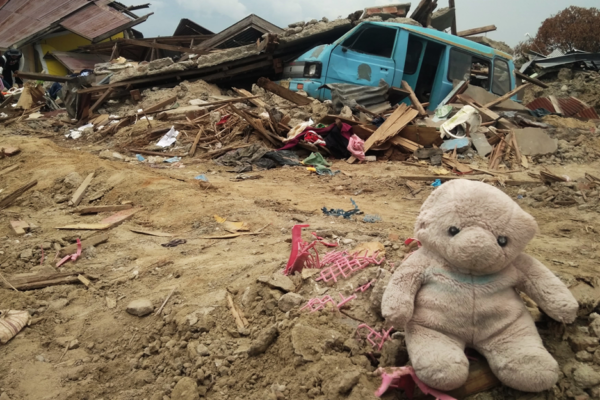This weekend the Church celebrates the Feast of Christ the King. Over the last few months we have been saturated with news about Kings and Queens, as we have witnessed the death of Queen Elizabeth II and the succession of King Charles III. No doubt we will continue to hear more about this as plans for the King’s Coronation unfold over the coming months.
In contrast to the mass public accolades for the former Queen and the good wishes extended to the new King, we have a very different presentation of Kingship in the Gospel of Luke this Sunday.
Our gospel passage begins, “The people stayed there before the cross watching Jesus. As for the leaders, they jeered at him. ‘He saved others,’ they said ‘let him save himself if he is the Christ of God, the Chosen One.” They continue on, “If you are the King of the Jews, save yourself.” Jesus doesn’t respond to any of the torments and humiliation. In fact there is only one person to whom he speaks. There are two criminals being crucified beside him, one on his right and the other on his left. One joins in with the leaders who humiliate Jesus and call on him to save himself. The other rebukes his fellow criminal reminding him that they both are guilty of a crime whereas the man, Jesus whom they flank, is innocent. It is to this man that Jesus speaks, “I tell you today you will be with me in paradise!”
So what are we to make of this? What kind of King is Jesus?
It seems to me that Jesus’ kingship is one of ‘vulnerability’ and ‘responsibility’. He is vulnerable in that he so often puts himself on the line. He is not afraid to speak out, even though he knows it will not be popular. His words of forgiveness often shocked people. His invitation to those on the fringe to join his company, put him in the firing line of those who were seemingly respectable. His representation of God as close, merciful and full of compassion, put him on a collision course with those who imagined a God seeking retribution and satisfaction. His open heart and hand exposed his vulnerability. At the same time he is ‘responsible’. He never seemed to shirk his responsibility to announce that the kingdom of God was close at hand: the poor would be raised up; the lame would walk; the blind would see; those bound up would be set free and the Lord’s year of favour announced. This responsibility extended to a rejection of all that worked against these things. Human beings should not be burdened with oppressive lives due to poverty, lack of opportunity, gender or racial discrimination. The gospels break open a new way of reading the world and engaging with one another.
It seems to me that this is our King. And those who follow the King are also called to lives that are lived in vulnerability and responsibility. With Jesus, our King, we are called to speak up and speak out, which can also make us vulnerable. It can lead to disagreements, discussion and dialogue that we would rather not have. And if we are open to that, it can also lead to deeper self understanding and awareness. We are called to take a risk and offer forgiveness. We are called to take a risk and reach out in dialogue with someone with whom we might not normally speak or engage. We are called to stand with those who are oppressed or victims in our world. Our cheering is for those who cannot find a voice or a place at the table, and for those who suffer in any way. Our Kings are all the baptised who are priest, prophet and king, according to the baptismal rite.
Let’s pray that these are not just words on a page, but that like Christ the King, we can also live lives of vulnerability and responsibility.
By Fr Brendan Reed




Comments
Add Comment